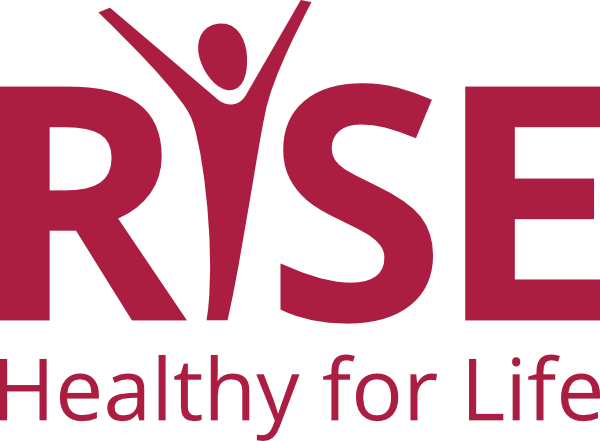As educators, we have a significant responsibility to offer information and affirmation without harm. The resources on this page can help educators understand how to create inclusive, accessible, trauma-responsive spaces that invite curiosity and compassion.
Advocates for Youth and SisterReach, along with other key experts and thought-leaders in the field, have created free, fully online e-learning modules to address issues of racial justice in sex education. Through ten engaging and dynamic e-learning modules delivered via Moodle, each 30-45min in length, educators can learn and reflect on the following issues as they relate to sex education:
Race and Racism
White Privilege and Sex Ed
Racism and Youth Sexual Health Outcomes
Racial Justice in Sex Ed
Reproductive Justice in Sex Ed
Intersectionality and Sex Ed
Explicit/Implicit Bias and Sex Ed
Microaggressions and Sex Ed
Internalized Racism and Sex Ed
Strategies for Dismantling White Supremacy in Sex Ed
Each e-learning module can be accessed for free and paired with optional Virtual Professional Development skill rehearsal modules to help educators reflect and learn how to be anti-racist teachers. Advancing the cause of racial justice is core to high-quality sex education and we want to remove barriers to educators seeking to improve their understanding and skills by creating these e-learning modules free of charge. We trust you will find them valuable for your work with young people.
Trauma-informed Sexuality Education
A Guide to Trauma-Informed Sex Education from Cardea provides facilitators, educators, and youth-serving professionals with concrete strategies for integrating a trauma-informed approach into sex ed and pregnancy prevention programming. The guide offers background information about the prevalence and impact of trauma and its effects on the brain and behavior, and expands upon SAMHSA’s components of a trauma-informed approach:
Safety.
Trustworthiness and transparency.
Mutual collaboration.
Peer support.
Empowerment, voice, and choice.
Cultural, historical, and gender issues.
This resource offers both theory and practical examples.
Cardea is a national women of color-led organization. Cardea addresses the impacts of historical, systemic, structural, and institutional issues on health and well-being.
SAMHSA is the Substance Abuse and Mental Health Services Administration, part of the U.S. Department of Health and Human Services.
“Trauma-Informed Sex Education” from the Responsible Sex Education Institute provides practical suggestions for how facilitators can prepare themselves and support and affirm all youth, especially trauma survivors, before, during, and after sex ed classes.
Sex Education Collaborative
The Sex Education Collaborative (SEC) envisions a world in which all young people’s right to comprehensive, high-quality sex education is recognized and fulfilled. We know that this can only be achieved if educators are equipped with the knowledge and training needed to effectively deliver sex education. The SEC is made up of sex education experts who share the common goal to advance and scale K–12 school-based sex education programs across the United States. RISE: Healthy for Life is an active member of the SEC.
Training Hub: Here you can find classes and organizations for building critical knowledge and skills related to sexuality education.
Centering Racial Justice in Sex Education practice paper: This project by the SEC’s External RJETT (Reproductive Justice and Equity Task Team) explores what is required to create anti-oppressive sex ed classrooms.
SIECUS: Sex Ed for Social Change
SIECUS was founded in 1964 and has seen a whole variety of sexuality education trends come and go. SIECUS offers information on state sex education profiles as well as fact sheets and policy briefs. SIECUS also publishes The Guidelines for Sexuality Education: Kindergarten-12th Grade, now in its 3rd edition, which spells out what developmentally appropriate, responsible, comprehensive sexuality education curricula will include.
Guttmacher Institute
The Guttmacher Institute uses a three-pronged approach of:
High-quality research
Evidence-based advocacy
Strategic communications
On their website you can find fact sheets and research reports and summaries on best sexual education and healthcare practices.
The Guttmacher Institute envisions a future in which all people can realize their rights and access the resources they need to achieve sexual and reproductive health. They hold that sexual and reproductive health is not merely the absence of disease, dysfunction or infirmity but a state of physical, emotional, mental and social well-being in all aspects of sexuality and reproduction.
One Pagers
Spark*ED’s list of teacher resources is a great collection of one-pagers on subjects like:
Trauma-informed facilitation.
How to teach about HIV, STIs, abstinence, birth control, sexuality, and reproduction, and relationships.
Answering questions, including values-based questions.
Processing current events with young people.







